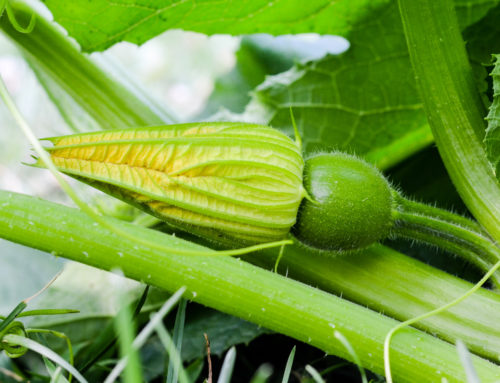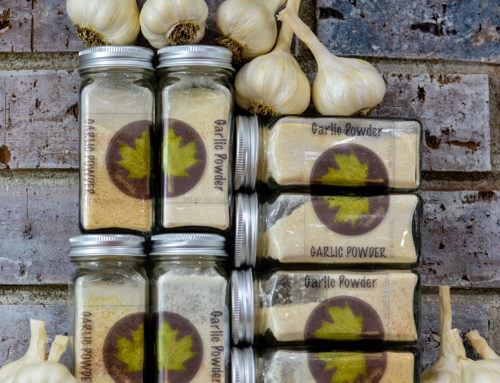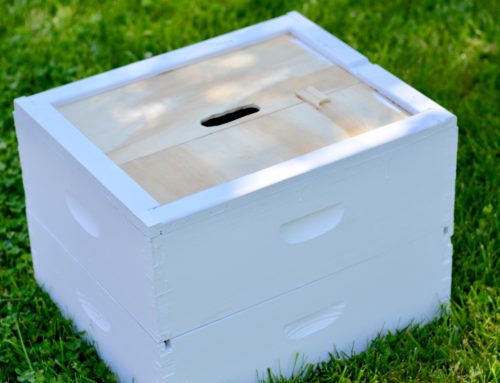 The world needs more beekeepers – and YOU can be a beekeeper! You can be a beekeeper even if you live in a neighborhood like I do. Why should you pursue beekeeping? Honeybees are incredibly important! They pollinate one third of the fruit & vegetables that we eat. While other insects pollinate, honeybees are the most effective pollinators because they only visit one color flower
The world needs more beekeepers – and YOU can be a beekeeper! You can be a beekeeper even if you live in a neighborhood like I do. Why should you pursue beekeeping? Honeybees are incredibly important! They pollinate one third of the fruit & vegetables that we eat. While other insects pollinate, honeybees are the most effective pollinators because they only visit one color flower
on each foraging flight. This means that honeybees are more likely to carry pollen grains between plants of the same species. Without these valuable honeybees, our food prices would drastically increase, as many fruits and vegetables would then require hand pollination. Housing honeybees may increase the yield in your garden and the blooms in your flowerbed. Squash vines, berry plants, and flowering fruit and nut trees all depend on honeybees, to name a few. In addition to being valuable pollinators, honeybees obviously provide us with that deliciously savory golden liquid known as honey!
Living in a neighborhood does not preclude you from keeping honeybees. I keep my bees on the roof of our porch. Honeybees travel up to 3 miles to find flowers to forage. Because of this, keeping bees does not drastically increase the number of bees in your yard. The area outside of the hive, however, will be swarming with activity as bees take off and land. We placed our beehive on the roof so that the bee’s launch & landing pad is out of the reach of our kids and dogs. Our 1 year old played daily in our backyard all summer without a sting. If you don’t have a flat roof or are uncomfortable climbing up and down ladders, an alternative option is to place ornamental grass or a privacy fence around the hive to force the bees to fly upwards quickly. You will need to take additional precautions if you live in an area with wildlife such as skunks or bears that enjoy eating that scrumptious honey.
Once you’ve decided beekeeping is for you, pick out a location for your hive and purchase the necessary equipment. Bees prefer a sunny location, especially in the morning. Bees also need a drinking water source. At our house, we provide a birdbath with a few stones in it for the bees to land on. It’s beneficial to provide a water source so the bees don’t resort to drinking from your neighbor’s pool! As far as equipment goes, you’ll want to obtain a jacket, smoker, hive, and gloves. I bought mine from Simpson Beekeeping (his website isn’t the best, but his prices are lower than competitors). Kelly Beekeeping is another outfitter. You always want to purchase beekeeping equipment brand new to prevent the spread of foul brood and other apiary diseases. In some states, it’s actually illegal to buy or sell used equipment.
Prior to bringing home a package of bees:
- Talk to your immediate neighbors, as unfortunately some people are deathly allergic to bee stings.
- Check your local ordinances and zoning regulation, as some place restrictions on whether you may keep bees or the number of beehives you may have.
- Learn more about beekeeping by visiting a local beekeeper’s club meeting, reading a book, and/or watching a DVD about bees. Many counties have beekeeper clubs or associations. It’s helpful to attend a few meetings not only to learn about bees but also to meet fellow beekeepers and perhaps to find a mentor. Oftentimes beekeepers welcome the opportunity to take someone into their hives and teach them about the art of beekeeping. I recommended reading a book about beekeeping, such as Beekeeping for Dummies. Your local library may have DVDs about honeybees, which will help you better understand the inner workings of a bee colony. You can learn more about keeping honeybees by reading more of my blogs!
This post may contain affiliate links, which means that at no additional cost to you we may make a small commission if you click on the link & make a purchase. Thank you for your support!





Leave A Comment